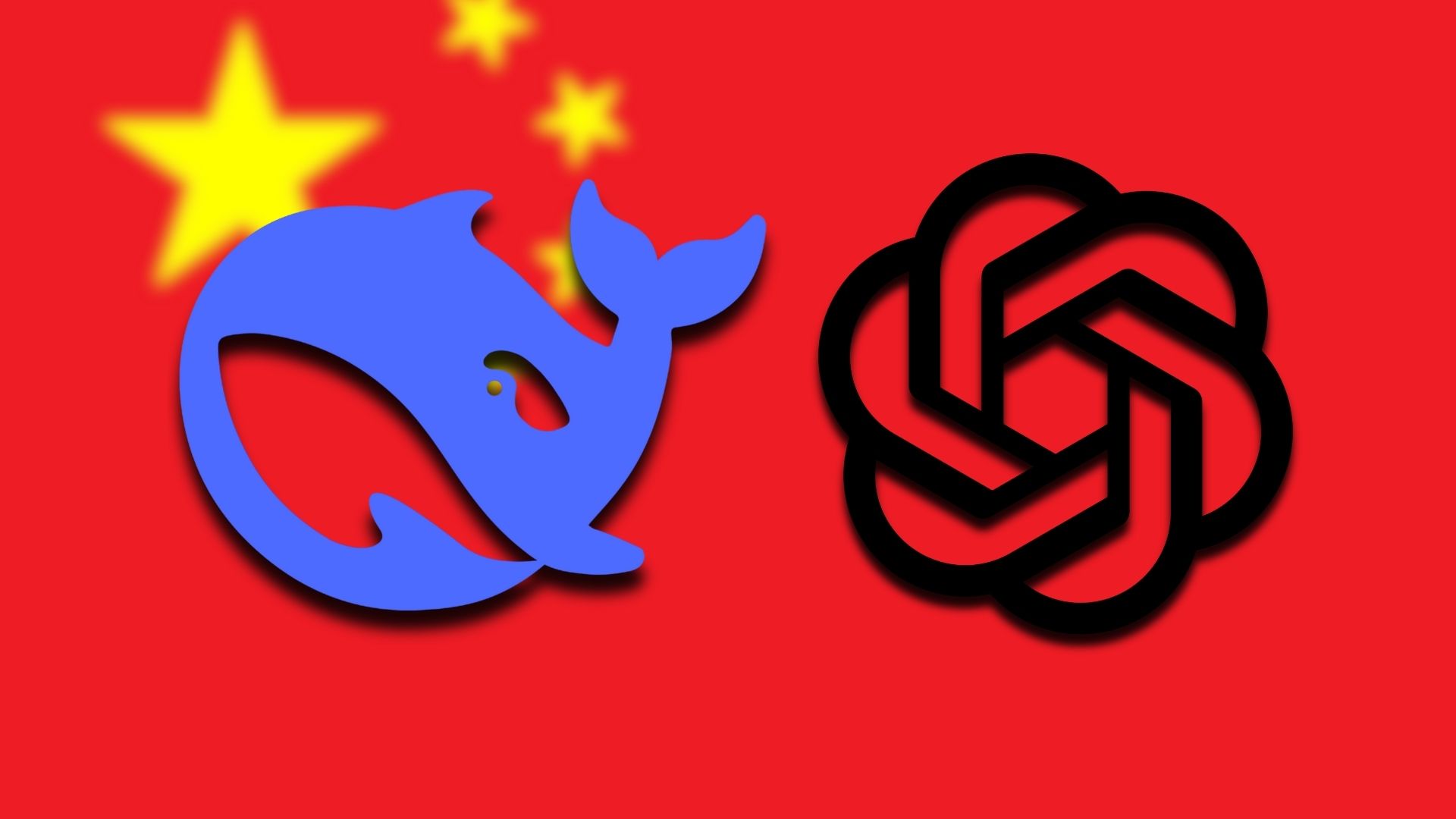AI dominated this year’s World Economic Forum, with debate shifting from experimentation to execution. Leaders focused on scaling AI adoption, delivering economic impact, and ensuring benefits extend beyond a small group of advanced economies and firms.
Concerns centred on the risk that AI could deepen global inequality if access to computing, data, power, and financing remains uneven. Without affordable deployment in health, education, and public services, support for AI’s rising energy and infrastructure demands could erode quickly.
Geopolitics has become inseparable from AI adoption. Trade restrictions, export controls, and diverging regulatory models are reshaping access to semiconductors, data centres, and critical minerals, making sovereignty and partnerships as important as innovation.
For developing economies, widespread AI adoption is now a development priority rather than a technological luxury. Blended finance and targeted investment are increasingly seen as essential to fund infrastructure and direct AI toward productivity, resilience, and inclusion.
Discussions under the ‘Blue Davos‘ theme highlighted how AI is embedded in physical and environmental systems, from energy grids to oceans. Choices on governance, financing, and deployment will shape whether AI supports sustainable development or widens existing divides.
Would you like to learn more about AI, tech, and digital diplomacy? If so, ask our Diplo chatbot!










